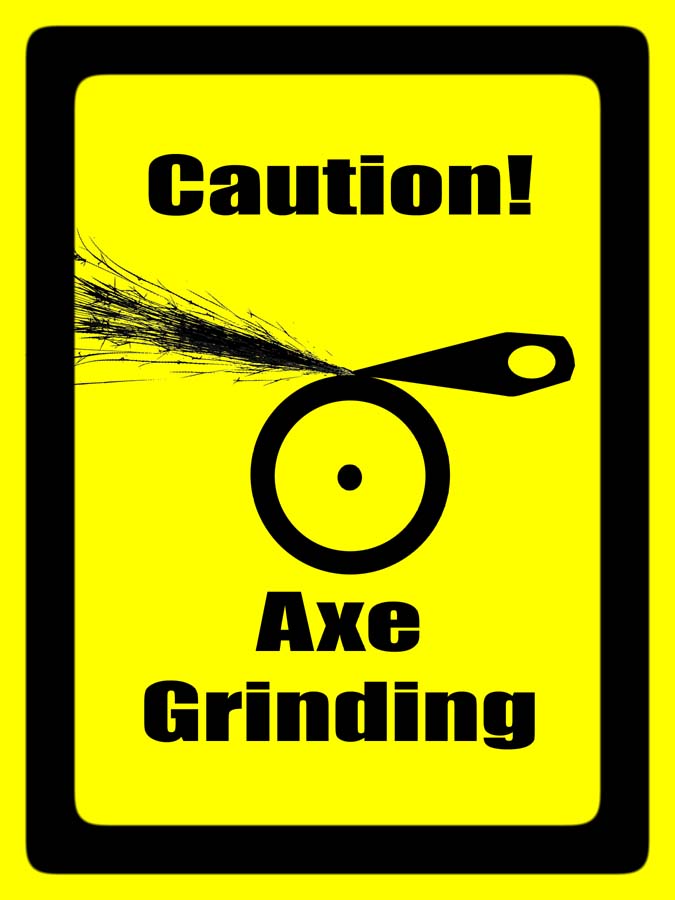MrJones
Iconoclast
- 652
- 168
- 43
Can you be a bit more specific regarding what in that statement you don't understand?What does that mean?
Follow along with the video below to see how to install our site as a web app on your home screen.
Note: This feature may not be available in some browsers.
Can you be a bit more specific regarding what in that statement you don't understand?What does that mean?
Your work for a crisis intervention service...what does that entail and what education are you provided with/must have?Can you be a bit more specific regarding what in that statement you don't understand?
It's important to understand that Crisis Response is not the same as Crisis Intervention, although the latter is sometimes conducted as a subset of the former (I am not involved in Crisis Intervention in my role as peer counselor). That said, the specific duties of a peer counselor - and the requisite training and education - vary from organization to organization, so my experiences might not be the same as those of someone volunteering for a different service. If you're interested to learn more about how Crisis Response works, to include how peer counselors function, the publication at this link, though slightly outdated, will provide an excellent primer.Your work for a crisis intervention service...what does that entail and what education are you provided with/must have?
It's important to understand that Crisis Response is not the same as Crisis Intervention, although the latter is sometimes conducted as a subset of the former (I am not involved in Crisis Intervention in my role as peer counselor). That said, the specific duties of a peer counselor - and the requisite training and education - vary from organization to organization, so my experiences might not be the same as those of someone volunteering for a different service. If you're interested to learn more about how Crisis Response works, to include how peer counselors function, the publication at this link, though slightly outdated, will provide an excellent primer.

It's important to understand that Crisis Response is not the same as Crisis Intervention, although the latter is sometimes conducted as a subset of the former (I am not involved in Crisis Intervention in my role as peer counselor). That said, the specific duties of a peer counselor - and the requisite training and education - vary from organization to organization, so my experiences might not be the same as those of someone volunteering for a different service. If you're interested to learn more about how Crisis Response works, to include how peer counselors function, the publication at this link, though slightly outdated, will provide an excellent primer.
But, what do I know? I'm only a peer counselor for a crisis intervention service....
So you are or are not a part of a crisis intervention service?
So for the fifth time, what are your qualifications and education as they relate to the crisis response service? Or are you their barista?OK - I see where the confusion lies, and it's my fault for choosing words poorly. No, I am not part of a crisis intervention service, I am part of a crisis response service. Guess I should proof-read myself a bit closer. Apologies for the miscommunication on my part.

How about communicating what sort of education your program puts you through to hold that role?OK - I see where the confusion lies, and it's my fault for choosing words poorly. No, I am not part of a crisis intervention service, I am part of a crisis response service. Guess I should proof-read myself a bit closer. Apologies for the miscommunication on my part.
